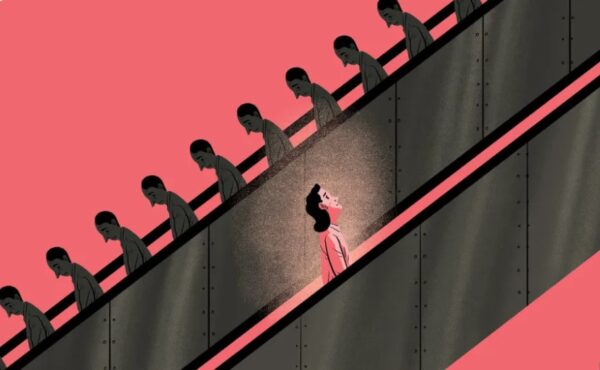Is travelling to work always a waste of time?

Source:Sports
Americans are “always in a hurry”, wrote Alexis de Tocqueville in “Democracy in America”, his opus published in 1835. Until the covid-19 pandemic, nowhere was this more evident in recent decades than in packed trains at peak times as people commuted to work.
Almost 75% of professionals in America say the journey is what they dread most about going back to the office. Working remotely a few days a week is here to stay. Rush-hour traffic, overcrowded trains and transport strikes (like those on London’s tube in the past week) all argue for working from home. Across America and Europe rising fares eat into people’s salaries. The outcry for lower carbon emissions adds additional weight to the argument for millions of employees not undertaking unnecessary journeys. In some emerging cities, getting to work involves honks and epic gridlock as well as accidents.
Every now and again, most people will nevertheless need to make the trip to the office and back. Whether you are walking, cycling, on a Vespa, taking the bus, the tram or the subway, the range of options is wide, and rich in texture and colour. Some people will insist that no commute is ever worth the trouble. With the right attitude, though, it does not have to feel like temporary brain damage. This guest Bartleby, who takes the underground to The Economist’s London office three times a week, finds it both useful and oddly fulfilling.
Just how useful and fulfilling will depend on what exactly your commute looks like. But unless you hop into your car on your driveway and hop out at your company car park, it will involve at least some physical activity. If you are cycling, or just picking up your walking pace to catch that bus or train, you combine being outdoors with an element of struggle—a healthy amount of which can be invigorating, not draining. And if you don’t catch it, don’t worry. Your hours have almost certainly become more flexible than the previous nine-to-five routine. That next train may anyway be less like a cattle car.







